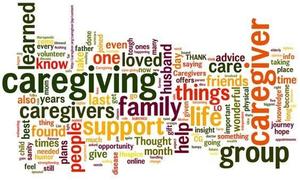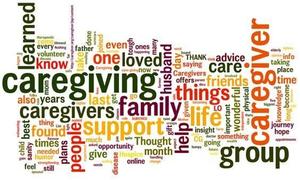 Caregiving and other demands of an aging population gained significant government attention and new initiatives during 2024, all approved, with only reimbursed telehealth access remaining to be approved. Technology enablement and access will likely be components of each of these initiatives as they evolve. Clearly ore progress is required for protecting older adults from scams.
Caregiving and other demands of an aging population gained significant government attention and new initiatives during 2024, all approved, with only reimbursed telehealth access remaining to be approved. Technology enablement and access will likely be components of each of these initiatives as they evolve. Clearly ore progress is required for protecting older adults from scams.
Broadband Equity Access and Deployment (BEAD). In November 2024, NTIA announced that all 56 states and territories have received approval of their BEAD Initial Proposals. States are now completing their challenge processes and selecting the service providers who will build BEAD-funded networks to unserved and underserved locations. When that process is completed, they will submit their Final Proposal, which details the results of that process. To date, Louisiana, Delaware, and Nevada have completed both processes.
Family Caregivers. The 2024 Medicare Physician Fee Schedule introduces new billing codes for caregiver training services, allowing eligible practitioners to bill Medicare for providing training and education to caregivers of patients with chronic illnesses or disabilities. In February, 2024, a progress report was presented to Congress on implementing the 2022 strategy to support caregivers. Also in 2024, AARP and others advocated for congress to pass a bill for reimbursement of caregiver expenses through the proposed Credit for Caring Act.
Dementia care. In November 2024, the U.S. Senate unanimously passed the BOLD Infrastructure for Alzheimer’s Reauthorization Act, bipartisan legislation spearheaded by the Alzheimer’s Association and Alzheimer’s Impact Movement (AIM). This critical bill will reauthorize the Building Our Largest Dementia (BOLD) Infrastructure for Alzheimer’s Act (P.L.115-406) and empower public health departments to implement effective dementia interventions in their communities.
Medicaid Home Care Benefits for the Aging. As of March 2024, all 50 states and D.C. have at least one program that provides assistance to elderly individuals living outside of nursing homes. Be that at home, in adult day care, in adult foster care, or assisted living. Many states allow Medicaid recipients to direct their own in-home care. This model of receiving services is called consumer directed care, participant directed care, cash and counseling, and self-directed care. It often allows care recipients to hire relatives as paid caregivers. Commonly, adult children can be hired and paid to provide care for their aging parents. Many states even allow one’s spouse to be hired.
Older Americans Act Update 2024. In February, 2024, a final rule to update regulations was released for implementing Older Americans Act programs. The update aims to better support the national aging network that delivers OAA services and improve program implementation, with the ultimate goal of ensuring that the nation’s growing population of older adults can continue to receive the services and supports they need to live – and thrive – in their own homes and communities. On December 10, 2024 U.S. Senate passed the Older Americans Act Reauthorization Act (OAA) of 2024 (S.4776) by unanimous consent.
[From the upcoming 2025 Market Overview Technology for Aging]
